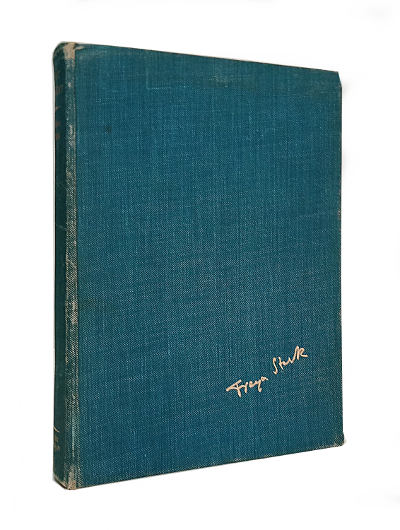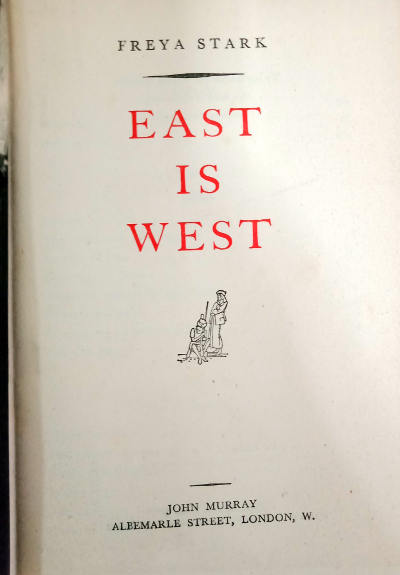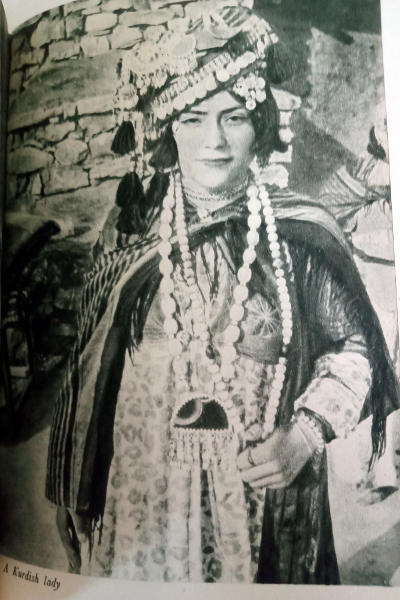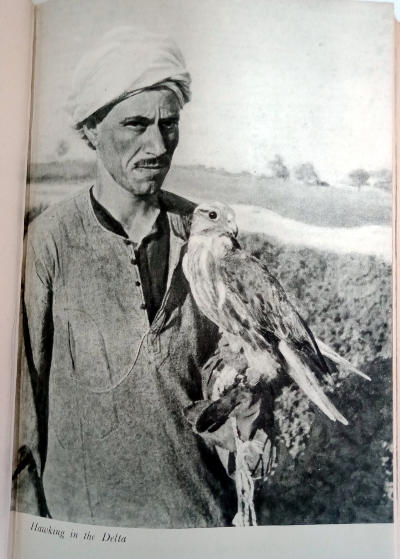This is Freya Stark’s account of World War 2, when she worked for the British Ministry of Information in the Middle East to help spread British war propaganda. In this book she relates her efforts in Aden, Egypt, Palestine/Syria/Transjordan and Iraq, often comparing the Middle East of the mid-20th century with ancient and precolonial times.
About Stark’s wartime efforts (from Wikipedia):
In the autumn of 1939, despite being in her mid-forties, Stark offered her services to the British Ministry of Information. Her prior experience in the Middle East was sufficient for the Ministry to send her to Yemen to spread propaganda on the British cause. Part of her duties involved showing films, despite the rulers of Yemen being strict Muslims who disapproved of any images of humans and wildlife. After working for two months in Yemen and Aden she was sent to Cairo, a posting which doubled her salary to £1,200. Following her arrival in June 1940 she set up a intimate salon where over tea four times a week she advocated for the British cause. Before long Christopher Scaife who was teaching English at the King Fuad I University was sending her the odd Egyptian student who wanted to know what the British were fighting for. Stark encouraged them to bring their friends and the discussions expanded to cover not only the war but also its effects on Egypt. These discussions grew to become the basis of the Ikhwan al Hurriya (Brotherhood of Freedom) propaganda network which was aimed at persuading Arabs to support the Allies or at least remain neutral. As the Brotherhood grew it divided into cells and then subdivided again to keep numbers at no more than ten members per cell. Christopher Scaife became its president, while Stark had two assistants, Pamela Hore-Ruthven and Lulie Abu’l Huda.
The Brotherhood included all strata of society, and by the middle of the war, it had tens of thousands of members. The work involved Stark travelling all over Egypt and often speaking for up to 10 hours a day. These wartime experiences were described in her Letters from Syria (1942) and East is West (1945). Following a visit to Iraq during which she was besieged in the British Embassy during an attempted coup d’état in April 1941 Stark was asked by British Ambassador Sir Kinahan Cornwallis to set up a branch of the Ikhwan al Hurriya in that country. Stark agreed and spent the next two years in Iraq dispensing British propaganda.





